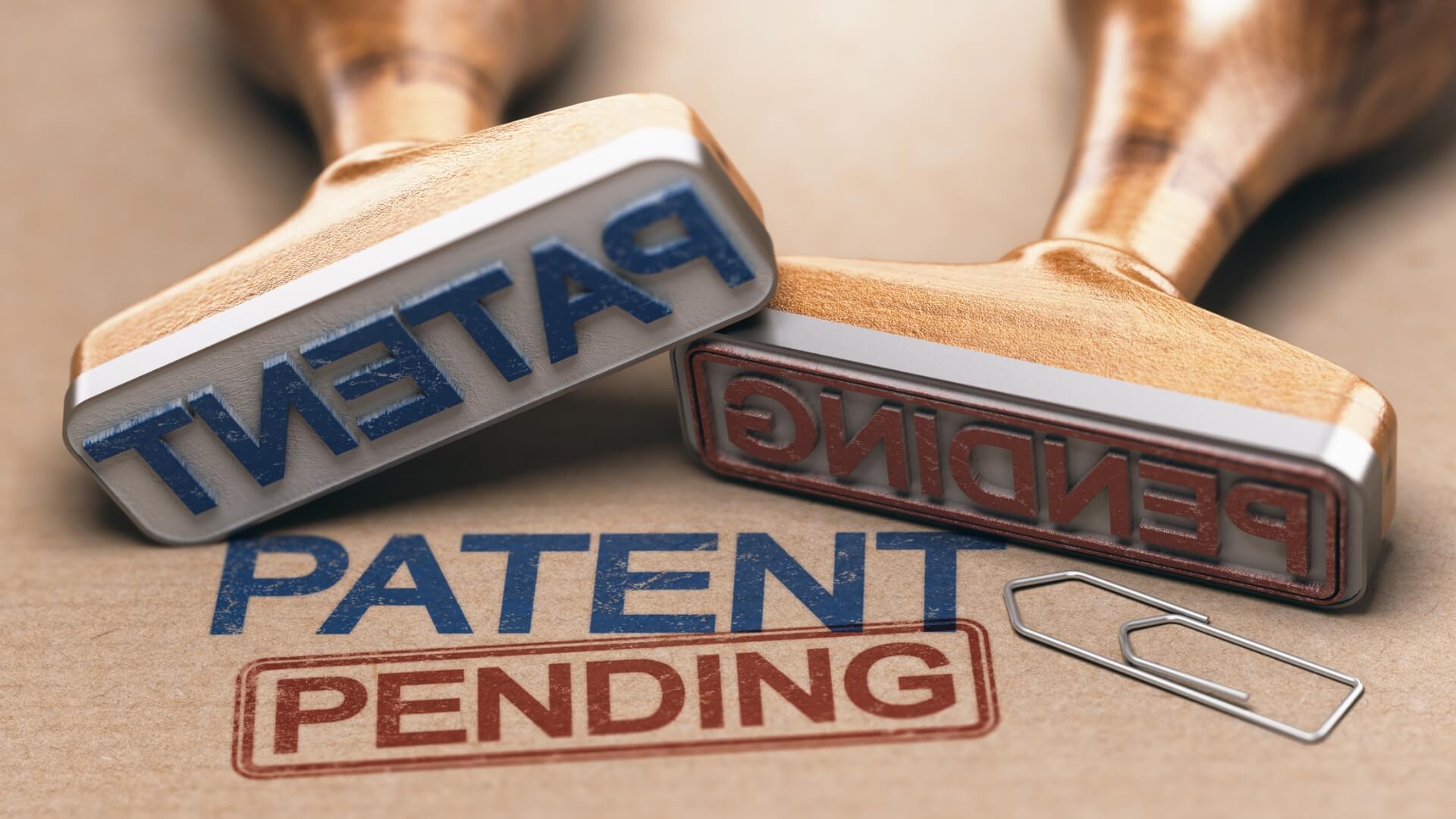The current debate surrounding the reform of the EU’s standard essential patent (SEP) system is a significant gamble for Europe’s long-term future. The SEP system plays a vital role in fostering technological advancements and protecting intellectual property rights across member states. However, its current design faces several challenges, hindering its full potential. The reform proposes to create a more efficient and streamlined patent system, aligning it with the latest global developments. A successful reform could encourage more businesses and entrepreneurs to invest in research and development (R&D), leading to breakthrough technologies and bolstering economic competitiveness. The reform aims to make it easier for innovators to protect their inventions across the EU, potentially spurring increased cross-border collaboration.
Experts believe substantial reform demands a careful balancing among the interests of inventors, businesses, consumers, and member states. Striking this balance will be a delicate task, as some stakeholders might feel that their rights are being compromised or that the new system disadvantages their industries. In addition, with technological advancements progressing at an unprecedented pace, the reform must be future-proof to remain relevant and effective in the face of new challenges. The EU must anticipate potential disruptive technologies, and ensure that the revamped SEP system can accommodate these changes seamlessly. As the debate on the SEP reform continues, it is essential for policymakers, stakeholders, and citizens to engage in constructive dialogue to shape the future of innovation in Europe. A united effort is crucial in ensuring that the revamped patent system serves as a catalyst for progress and prosperity while safeguarding the interests of all involved parties.
In conclusion, the EU’s SEP reform represents a high-stakes gamble for Europe’s long-term future. If executed well, it has the potential to unlock unprecedented growth, innovation, and collaboration across the continent. As the reform journey progresses, let us collectively work towards a system that fosters creativity, protects intellectual property, and propels Europe towards a brighter and more technologically advanced future. Here is an opinion piece we found of interest relating to the EU SEP licensing plans.
Technology Security Makes EU SEP Licensing Plans Tough to Justify
In an opinion piece “Technology security makes EU SEP licensing plans tough to justify” for IAM Media, Joff Wild, former editor-in-chief of IAM, discusses how in the ever-evolving landscape of technology and innovation, licensing and regulation of intellectual property have become critical components of safeguarding creators’ rights and fostering healthy competition. As companies strive to protect their intellectual property assets, he insists it is imperative to find a balance between fostering innovation and ensuring technology security. In addition, Wild argues as licensing becomes more complex, stakeholders must work together to create a transparent and efficient framework that benefits all parties involved. Striking the right balance between protecting IP rights and facilitating technological advancement requires collaboration between regulators, businesses, and innovators.
With the rising concerns surrounding data breaches, cyberattacks, and intellectual property theft, technology security has become a top priority for businesses seeking licensing partnerships. Due to this trend, he believes integrating robust security measures into licensing agreements will not only safeguard sensitive information, but also instill confidence among consumers and investors. Wild adds that as licensing models adapt to new technologies, such as AI and blockchain, it becomes essential for regulators to stay proactive in their approach. He explores how adapting licensing regulations to accommodate emerging technologies can foster innovation and support new business ventures. Read the full article on IAM Media.
The Fatty Fish Editorial Team includes a diverse group of industry analysts, researchers, and advisors who spend most of their days diving into the most important topics impacting the future of the technology sector. Our team focuses on the potential impact of tech-related IP policy, legislation, regulation, and litigation, along with critical global and geostrategic trends — and delivers content that makes it easier for journalists, lobbyists, and policy makers to understand these issues.
- The Fatty Fish Editorial Teamhttps://fattyfish.org/author/fattyfish_editorial/January 19, 2024
- The Fatty Fish Editorial Teamhttps://fattyfish.org/author/fattyfish_editorial/January 3, 2024
- The Fatty Fish Editorial Teamhttps://fattyfish.org/author/fattyfish_editorial/January 3, 2024
- The Fatty Fish Editorial Teamhttps://fattyfish.org/author/fattyfish_editorial/December 31, 2023









